The sheen of nonprofit news wears off
I became convinced that nonprofit was the future of news after watching for-profit newsrooms be decimated by venture capital and legacy media repeatedly harm communities to put out a quick story. Since then, I’ve worked for a string of nonprofit newsrooms — first as a freelancer, then as a fellow, then as an employee, and now as a founder.
What I’ve learned is that, while many nonprofit newsrooms bill themselves as saviors of journalism, they’re deluding themselves as long as they don’t overhaul what their practice of journalism looks like.
The most important thing for a newsroom isn’t being “nonprofit” — it’s about the values it lives up to.
Nonprofit news has enabled significant strides toward more empathetic and community-centered journalism, but many nonprofit newsrooms still perpetuate the same injustices documented in for-profit news. To name a few: A lack of worker protections and unions. Problems with equity and retention. A lack of transparency in hiring. Microaggressions. Racism. Sexism. Ableism. Transphobia. Exclusion.
I’ve also come to know that for-profit news can work as well when structured more democratically, such as with strong unions or cooperative structures. What matters in journalism are the values a newsroom has, the specific ways it lives up to them, and how its leaders hold themselves accountable.
This is not to say I don’t value the tax status or the way nonprofit news organizations have moved the industry forward. The media criticism and reporting outlet I co-founded, The Objective, is currently fiscally sponsored by the Institute for Nonprofit News and seeking nonprofit status.
And nonprofit news has enabled the emergence of an entire class of newsrooms reporting for — instead of on — their communities. Nonprofit outlets like Scalawag, Outlier Media, City Bureau, Sahan Journal, El Tímpano, and Documented have shown what it means to go beyond the tax status. They state their values and stand by them, making journalism that refuses to perpetuate the status quo. They are transparent and aim to be accountable. They explain what they do and why. Like these outlets and others, nonprofit newsrooms need to go beyond arguing that they are creating “impact” and saving democracy and show how they live up to their values.
There are a number of ways to do that while pushing the field forward. Support unions and worker protections. Be transparent in the hiring process and clearly outline salary or pay. Try to understand the power dynamics at play in the newsroom. Seek to dismantle the norms that have contributed to an exclusionary journalism field.
Some nonprofit newsrooms are struggling to exist while others are flush with capital. To the latter, it’s important to say: It’s on you. Offer your fellows healthcare, a living wage, and a way forward to permanent job placement. Pay for the work done in writing and editing tests. Recognize your power in the field and operate with that in mind when evaluating how much you’re willing to invest in staff, communities, and collaborators.
The first nonprofit newsroom in the United States was created in 1977. Nonprofit news isn’t new. It’s a band-aid solution to an ailing profession. In 2022, nonprofit newsrooms explicitly defining and living up to their values is the cure.
Gabe Schneider is lead editor of The Objective and story partnerships manager at Grist.

I became convinced that nonprofit was the future of news after watching for-profit newsrooms be decimated by venture capital and legacy media repeatedly harm communities to put out a quick story. Since then, I’ve worked for a string of nonprofit newsrooms — first as a freelancer, then as a fellow, then as an employee, and now as a founder.
What I’ve learned is that, while many nonprofit newsrooms bill themselves as saviors of journalism, they’re deluding themselves as long as they don’t overhaul what their practice of journalism looks like.
The most important thing for a newsroom isn’t being “nonprofit” — it’s about the values it lives up to.
Nonprofit news has enabled significant strides toward more empathetic and community-centered journalism, but many nonprofit newsrooms still perpetuate the same injustices documented in for-profit news. To name a few: A lack of worker protections and unions. Problems with equity and retention. A lack of transparency in hiring. Microaggressions. Racism. Sexism. Ableism. Transphobia. Exclusion.
I’ve also come to know that for-profit news can work as well when structured more democratically, such as with strong unions or cooperative structures. What matters in journalism are the values a newsroom has, the specific ways it lives up to them, and how its leaders hold themselves accountable.
This is not to say I don’t value the tax status or the way nonprofit news organizations have moved the industry forward. The media criticism and reporting outlet I co-founded, The Objective, is currently fiscally sponsored by the Institute for Nonprofit News and seeking nonprofit status.
And nonprofit news has enabled the emergence of an entire class of newsrooms reporting for — instead of on — their communities. Nonprofit outlets like Scalawag, Outlier Media, City Bureau, Sahan Journal, El Tímpano, and Documented have shown what it means to go beyond the tax status. They state their values and stand by them, making journalism that refuses to perpetuate the status quo. They are transparent and aim to be accountable. They explain what they do and why. Like these outlets and others, nonprofit newsrooms need to go beyond arguing that they are creating “impact” and saving democracy and show how they live up to their values.
There are a number of ways to do that while pushing the field forward. Support unions and worker protections. Be transparent in the hiring process and clearly outline salary or pay. Try to understand the power dynamics at play in the newsroom. Seek to dismantle the norms that have contributed to an exclusionary journalism field.
Some nonprofit newsrooms are struggling to exist while others are flush with capital. To the latter, it’s important to say: It’s on you. Offer your fellows healthcare, a living wage, and a way forward to permanent job placement. Pay for the work done in writing and editing tests. Recognize your power in the field and operate with that in mind when evaluating how much you’re willing to invest in staff, communities, and collaborators.
The first nonprofit newsroom in the United States was created in 1977. Nonprofit news isn’t new. It’s a band-aid solution to an ailing profession. In 2022, nonprofit newsrooms explicitly defining and living up to their values is the cure.
Gabe Schneider is lead editor of The Objective and story partnerships manager at Grist.
Chicas Poderosas

Melody Kramer

Kristen Jeffers
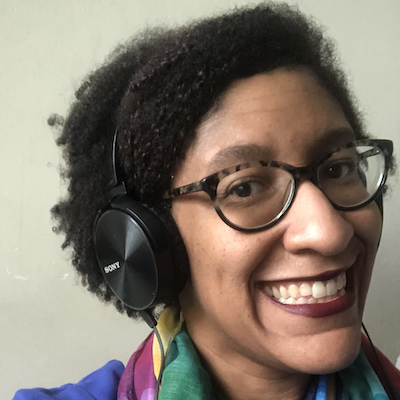
Joy Mayer

Amy Schmitz Weiss
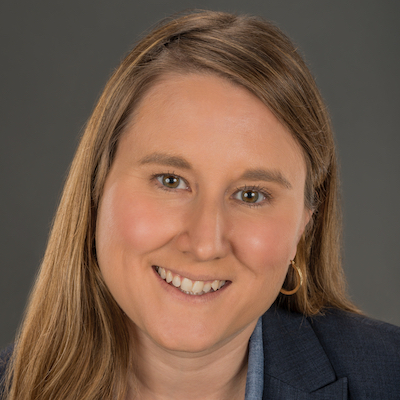
Kerri Hoffman
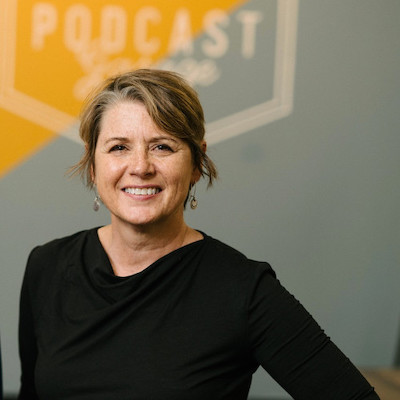
Millie Tran

James Green

Catalina Albeanu

Anika Anand

Sarah Marshall

Jonas Kaiser

Matthew Pressman

Shalabh Upadhyay

Mary Walter-Brown

Jim Friedlich

Ariel Zirulnick

Burt Herman
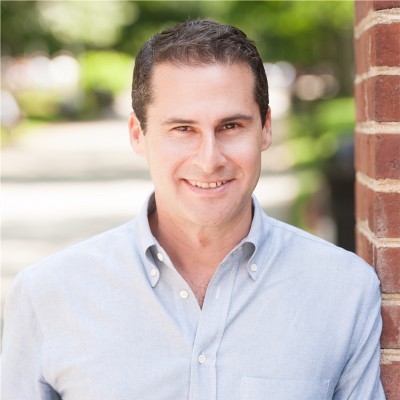
Amara Aguilar

Julia Angwin

Rasmus Kleis Nielsen

Jesenia De Moya Correa
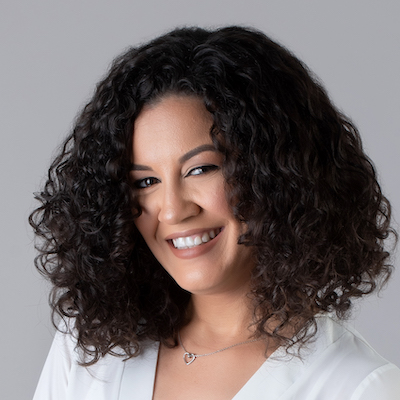
Christina Shih

j. Siguru Wahutu

Izabella Kaminska
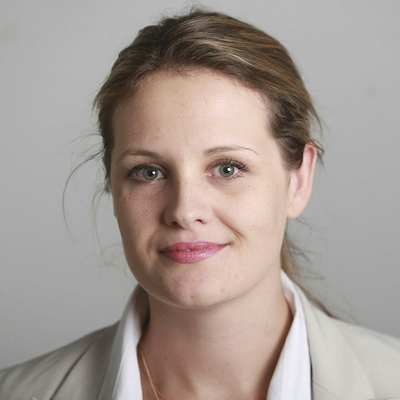
Sarah Stonbely

Meena Thiruvengadam
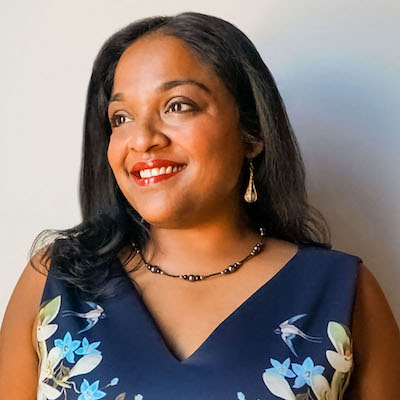
Whitney Phillips

Simon Galperin

Ståle Grut

Daniel Eilemberg

Juleyka Lantigua

Joni Deutsch

Francesco Zaffarano

Mandy Jenkins

Rachel Glickhouse

John Davidow

Shannon McGregor Carolyn Schmitt

Tamar Charney

Cristina Tardáguila

Parker Molloy

Wilson Liévano
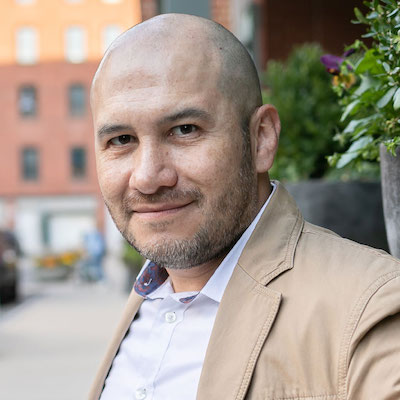
Cherian George
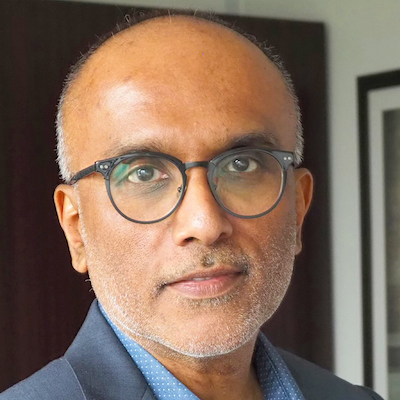
Natalia Viana
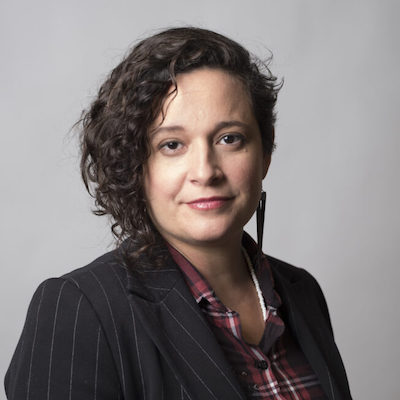
Eric Nuzum

Jesse Holcomb

David Skok

Gabe Schneider

Chase Davis

Megan McCarthy

Richard Tofel

Julia Munslow

S. Mitra Kalita
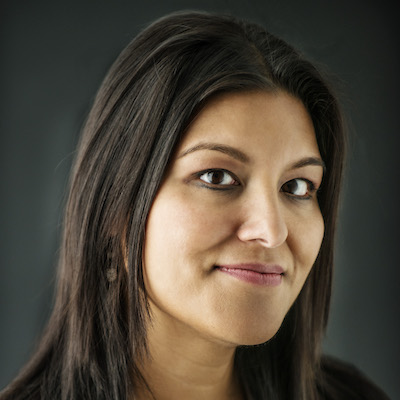
Jessica Clark

Doris Truong
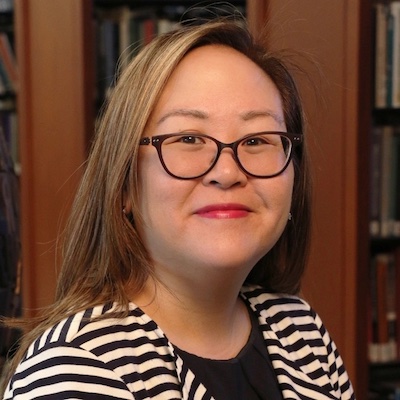
Moreno Cruz Osório

Nikki Usher

Alice Antheaume

Matt DeRienzo

Don Day

Laxmi Parthasarathy

Christoph Mergerson
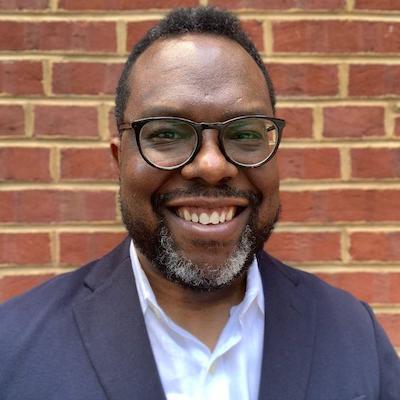
Jennifer Coogan

AX Mina

Tom Trewinnard

Candace Amos
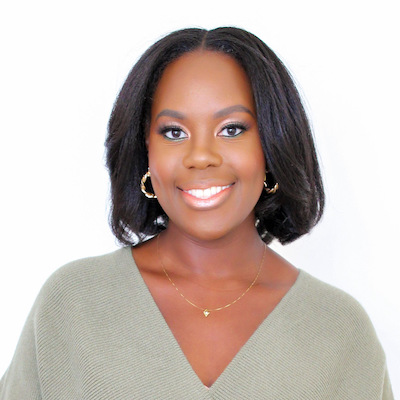
Victor Pickard

Paul Cheung

Gonzalo del Peon

Simon Allison

Anthony Nadler

Jody Brannon

Joshua P. Darr

David Cohn

Mike Rispoli

Michael W. Wagner

Jennifer Brandel

Robert Hernandez

Anita Varma

Raney Aronson-Rath

Kendra Pierre-Louis

Cindy Royal

Kristen Muller
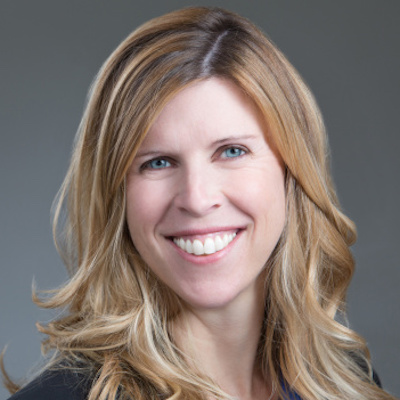
Stefanie Murray

Joe Amditis

Brian Moritz

Kathleen Searles Rebekah Trumble

Gordon Crovitz

Errin Haines

A.J. Bauer

Mario García
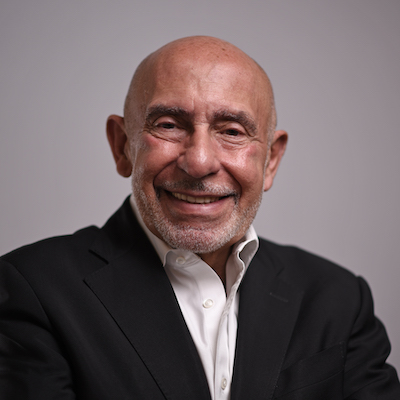
Sam Guzik

Stephen Fowler

Tony Baranowski

Matt Karolian

Janelle Salanga

Joanne McNeil

Andrew Freedman

Zizi Papacharissi
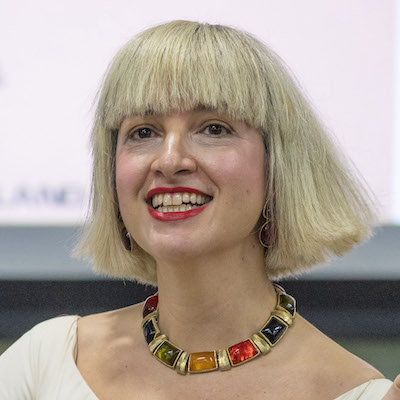
Larry Ryckman
